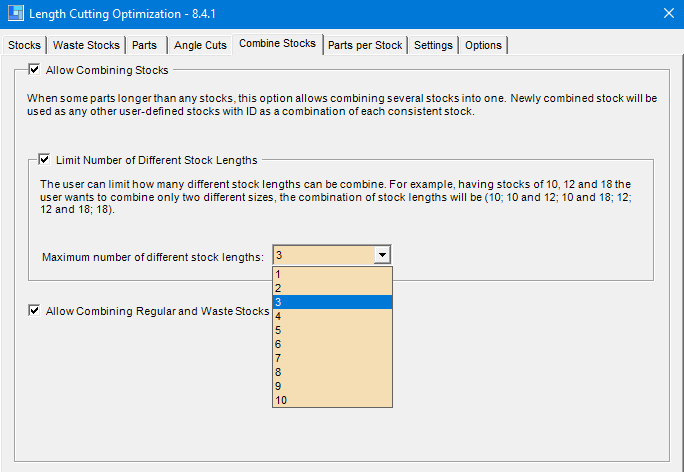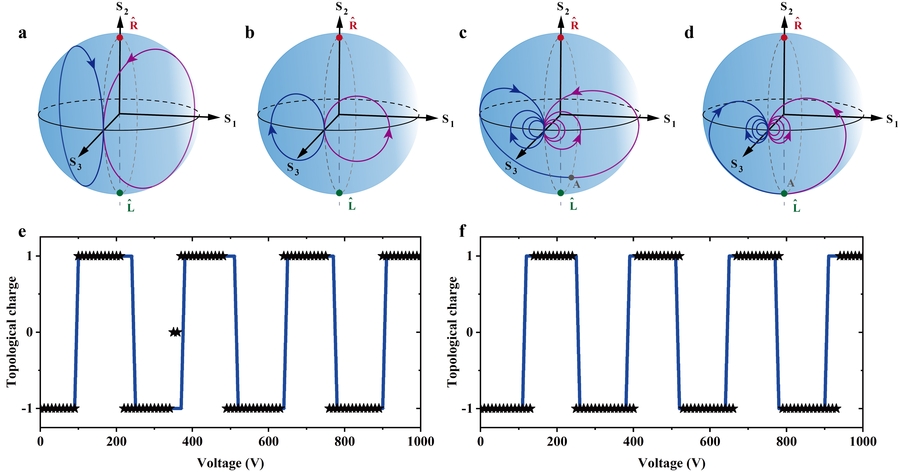Connected cars offer driving assistance, self-parking, smart GPS and they are no longer just science fiction but a reality … in high-end models. In terms of the usage of embedded data, the main challenge for manufacturers is to deploy software innovations on their entire range. Grégory Labrousse, who founds several years ago, nam.R, a French company specializing in non personal data treatment, serving innovative services creation, gives us some explanations.
We are witnessing the beginning of a revolutionary era in the field of automobile design! » Today, more and more data is being integrated into cars to assist drivers. Tomorrow, it is this data that will induce new transport usages. Recently, Renault-Nissan (manufacturer) and Transdev (public transport operator) have joined forces to develop a fleet of autonomous vehicles in Paris. Nissan is also testing an alternative to VTCs by offering an urban co-location system which is managed via an application. « But the same prevalence of data usage is difficult to find in other car ranges, despite the promise (…) made at the CES Las Vegas, of having 60% connected vehicles by 2018.
Small data for predictive maintenance
Car manufacturers are already confronted with a dual challenge: to integrate innovations as well as small-data related services from the conception of vehicle design. Once equipped, each vehicle can produce and analyze its own data (small data) in real time. These innovations provide drivers comfort, safety and service. Knowing the right time to change tires and to reduce fuel consumption are two concrete examples of what predictive maintenance offers. Data can also help in driving: GPS projections (visual cues) on windshield or haptics-enhanced (guiding through vibrations) steering wheel…the possibilities are numerous. Adding internet connection allows the driver to very easily communicate with his/ her family to share departure time, an estimate of travel time, etc. Speed, fuel consumption, compliance with traffic regulations: everything can be taken care of. Once analyzed, this data is likely to interest individuals as well as professional drivers as it offers services that enrich driving experience.
Today’s cars still do not run on data
Leading IT companies and car manufacturers are already competing with fruitful partnerships. Nvidia and Tesla, IBM and BMW, Renault-Nissan and Microsoft, Ford and Amazon- all have brought to market vehicles which can make their path through busy roads or motorways. We are still in the beginning of the phase where software is integrated in vehicle design and manufacturing process. Mechanics still account for major 90% of costs and just 10% of the budget is allocated for software but this figure is expected to reach 60% in the near future. So, why are these innovations not found in the mid-range models sold by car manufacturers? It is not surprising that the real hindrance is the high cost of using artificial intelligence in a car. A reverse radar parking sensor adds $500 to the final bill and driving support adds $10,000, which are prohibitive tariffs for an average consumer. How soon will car makers integrate AI into everyday driving?
Learn more about nam.R and Grégory Labrousse, follow them!
Company website: https://www.namr.com
Twitter : @G_Labrousse / @namr_france
LinkedIn : @nam.R
Facebook : https://www.facebook.com/namr.fr/
Youtube : nam.R France





